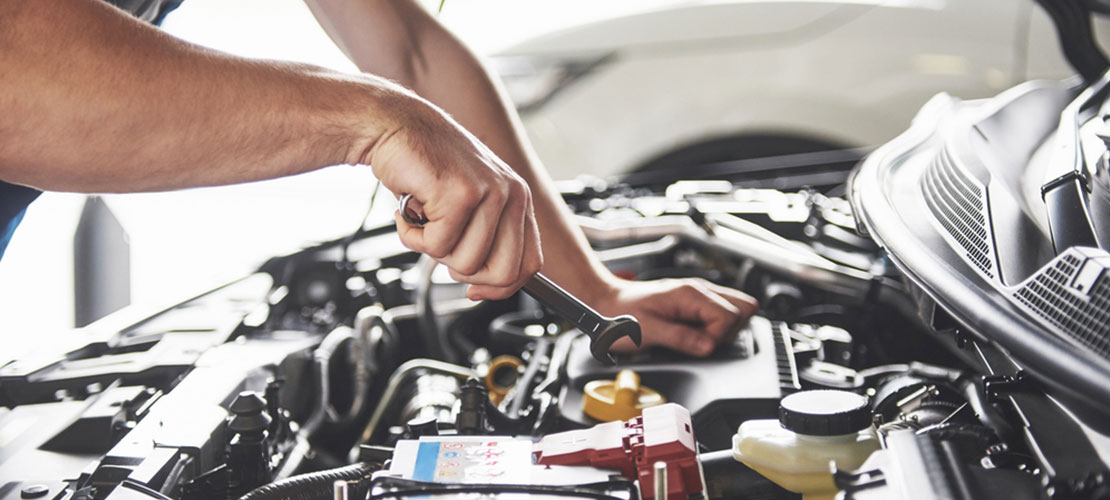Car failure can be dangerous because it could cause a driver to lose control of the vehicle, which could result in a crash. Car failure can also cause other issues, such as the engine stalling, which can cause the car to stop suddenly, leading to a dangerous situation. Car failures are very common, as cars are complex machines with many moving parts that can fail. The frequency of car failures can vary based on the make and model of the car, as well as its age, driving habits, and maintenance schedule.

Importance of Regular Car Maintenance
Regular car maintenance is essential for keeping your vehicle safe, reliable, and efficient. Car maintenance helps to ensure that your vehicle is running properly and prolongs the life of your vehicle by preventing unnecessary issues. Regular car maintenance can also help to improve your vehicle’s performance and fuel efficiency. Additionally, regularly servicing your vehicle can help to identify any potential problems, which can help to prevent costly repairs and downtime. Regular car maintenance is important for keeping your vehicle in good condition and ensuring that it is safe to drive.
The Most Common Culprits of Car Failure
The most common car failure is usually related to the car’s engine, battery, brakes, tires, and electrical systems. Car failure is annoying because it often causes unexpected delays and expenses. It can also be a safety hazard if the car fails while driving. Additionally, car failure can be inconvenient and frustrating because it can prevent people from getting to where they need to go.
Engine
Engine failure often occurs when the engine is overworked and not serviced properly or when the wrong type of oil is used. Common symptoms of engine failure include loss of power, engine noises, stalling, and a decrease in fuel economy.
Battery
Battery failure is usually caused by a build-up of corrosion on the terminals or a lack of charge. Common symptoms of battery failure include difficulty starting the car, dim headlights, and an illuminated dashboard warning light.
Brakes
Brake failure can occur due to worn brake pads or rotors or a lack of brake fluid. Common symptoms of brake failure include a squealing sound when applying the brakes, a feeling of instability when stopping, and a longer-than-normal stopping distance.
Tires
Tire failure is usually caused by inadequate tire pressure, worn tread, or a puncture. Common symptoms of tire failure include loud noises when driving, unpleasant vibrations, and a pulling sensation when turning.
Electrical Systems
Electrical system failure is typically caused by a short circuit or a faulty component.
The best way to avoid car failure is to keep up with regular maintenance. Make sure to get oil changes, tire rotations, and routine maintenance on schedule. If something needs to be fixed on your car, take care of it as soon as possible. The longer you wait, the more likely it is that the problem will worsen and cause more damage. Make sure to check your tire pressure regularly and keep it at the recommended level. Low tire pressure can cause poor handling and can lead to tire blowouts. Using the wrong fuel can cause engine problems and even void your warranty. Call us on: 07 5529 0827 Or contact us for more info.


